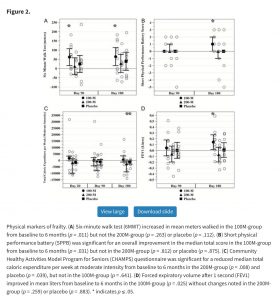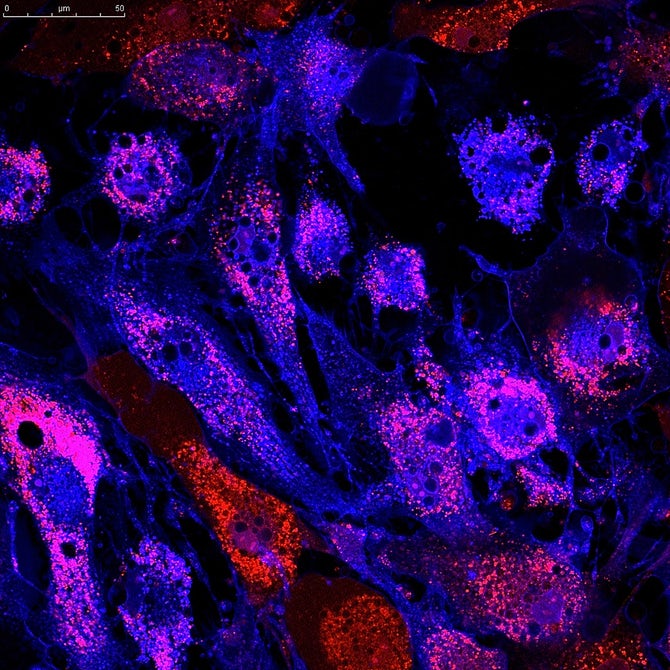Will we ever defeat death? No. But we’re doing our damnedest.
Over the past… history of man-kind, there have been treatments for anti-ageing. From primitive routes such as berries and leaves to the more modern ‘stem cell’ method of extending life and preventing ageing. But how much truth is there to this?
I have been delving deep into the archives, and there have been so few successful studies into anti-ageing, but a lot of anecdotal ones. This brings me to the article I found published in the last day or so by the University of Miami, School of Medicine. The study shows that using ‘Mesenchymal Stem Cells’ (MSCs, cells that have the potential to differentiate into any cell type in the body), can be used to target those who are frail (aged 80+) and aim to rebuild the dying cells that are within the body.
For a brief overview, many facets of life cause us to age, but the primary reason is due to our chromosomes. These large, highly bundled strands of DNA have little end ‘tips’ on them that are called ‘telomeres’. As we age, our bodies replace dying cells and unravel our bundled DNA to transcode the information within. In doing so, this leads to small areas at the end of the chromosomes being spliced off, slowly but surely, until there is very little left. This is essentially what causes ‘ageing’ in its broadest sense.
The job of the MSCs is to create new DNA with full-length telomeres to theoretically elongate a person’s life span, which is fantastic. However, life is never that simple.
These studies have continually shown no solid evidence in their findings, with often hen-picked results that do not properly represent the study. In this case, the placebo group and the test group showed a small delta in results, with a P value (the value that shows how probable/likely a correlation is) that is insignificant. If these tests were replicated on fully randomised groups, rather than the specific ones tested, I believe (using evidence from Fig 2 taken from the original paper by the University of Miami et al below) there would be very little success in replicated results.
Whilst this is sad it is not without hope. Baby steps. We’re getting there. A little over a decade ago we had not even sequenced the human genome, and now we are approaching a golden age of gene-editing and life-changing (targeted) treatments. I sincerely believe that in our life-times we will see cures to many types of cancer, inborn errors/genetic diseases and maybe, just maybe, the first bicentennial. What this will do to the human population and the likelihood this will be rolled out to the masses… I cannot say for certain, especially with the powers that be in control and an already worsening resources crisis (which could be resolved in many ways, but I’ll save that diatribe for another time). What I can say though is that this is an exciting time for science,- I would go as far to say it is the most exiting time in all of humanity’s existence and I am excited to see what will come next.


